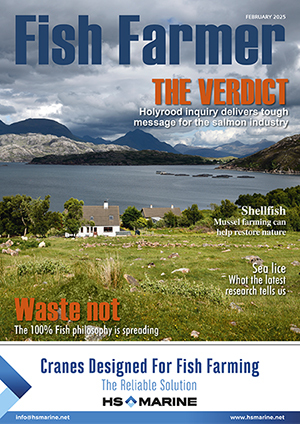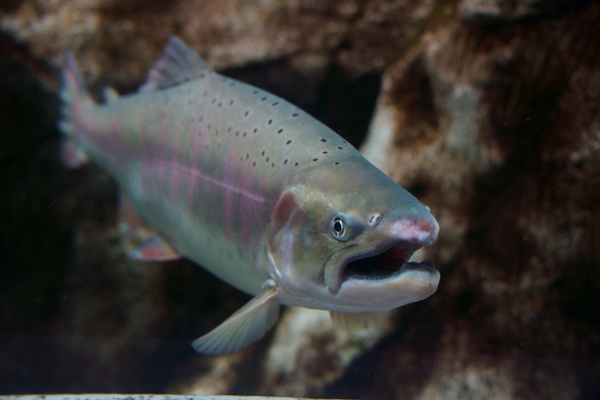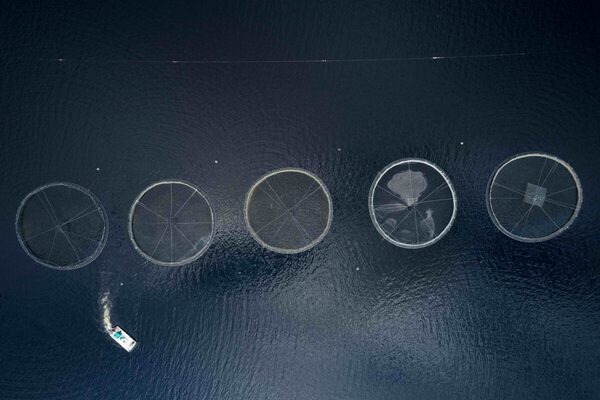SalMar leaves gloom behind with NOK 1.9bn investment plan
SalMar, the world’s second largest Atlantic salmon farmer, has shaken off many of its biological problems to produce better than expected 2024 final quarter results – but still saw profits fall year on year by almost a third.
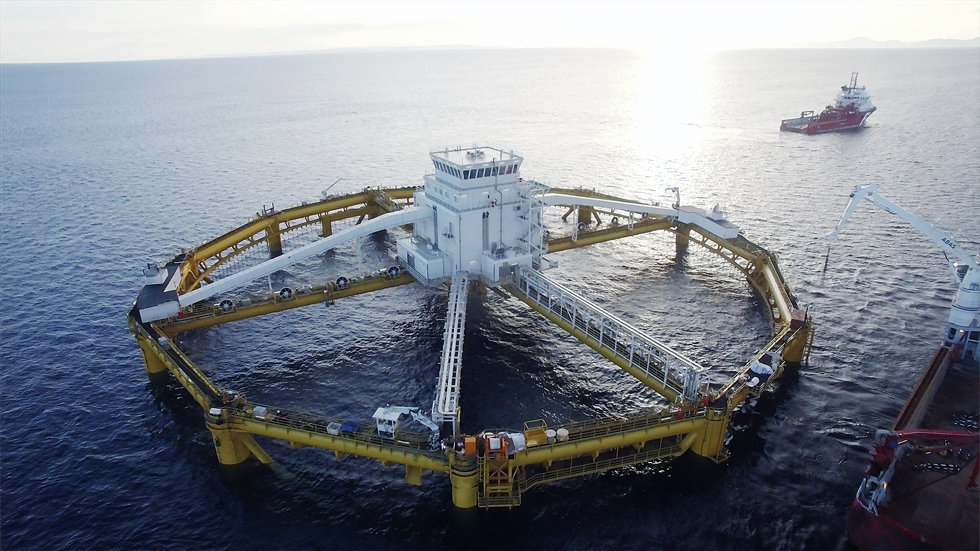
SalMar reported an operational EBIT or operational profit of NOK 1,485m (£106m) between October and December compared with NOK 2,193m (£156m) in Q4 2023.
Profit after tax was NOK 1,049m (£75m) compared to NOK 1,261m (£90m) a year ago. The company is recommending a dividend for the year of NOK 22 (£1.50) per share.
SalMar said the farming segments in Norway, its main area of operation, showed good development throughout the quarter and delivered strong results.
Sales and Industry contributed “positively” with their efficient and flexible operating setup and delivered a good result, the company said.
For SalMar Aker Ocean, its offshore business, production cycles at both Arctic Offshore Farming and Ocean Farm 1 are underway, with planned harvests in the first and second quarters of 2025.
Icelandic Salmon is still affected by events earlier in 2024, but the results were better than previous quarters.
SalMar CEO Frode Arntsen said: “Throughout the quarter, we have seen good biological development in the sea, especially in Northern Norway.
“Together with the solid structure we have in SalMar, and thanks to our employees who have handled a demanding year in a formidable way, we deliver good financial results in the period.
“With an improved biological status, the outlook for 2025 looks brighter compared to last year.”
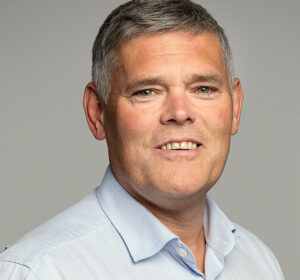
The report says SalMar expects to invest NOK 1.9bn (£135m) in 2025, with the investments mainly related to fish welfare.
SalMar said it has great faith in and a willingness to invest in profitable and sustainable salmon production in Norway, and has recently taken steps that will further strengthen its position.
This month it completed the acquisition of a controlling stake in the salmon farmer Knutshaugfisk, which currently has three 466 tonne MTB licenses and four farming locations in production area 6 in Central Norway.
Since the acquisition of NTS and the merger with NRS in 2022, SalMar has had a 37.5% ownership interest in Wilsgård AS. This month , SalMar ASA and Wilsgård Sea Service AS, which together own 75% of the shares in Wilsgård AS, agreed to work together to further develop the ownership of the business. This includes a consolidation with SalMar.
Wilsgård currently has a strong presence on Senja and has 5,844 tonnes of MTB in licenses in production areas 10 and 11 in Northern Norway.
For 2025, SalMar maintains its volume guidance of 254,000 tonnes in Norway, 9,000 tonnes from SalMar Aker Ocean, 15,000 tonnes in Iceland and 32,000 tonnes in Scottish Sea Farms (100% basis).
Taking into account the relative share from Scottish Sea Farms, a total of 294,000 tonnes is expected for the group, a 17 percent growth in harvest volume compared to 2024.
SalMar said it is experiencing strong demand for its products and expects low global supply growth in this year.
